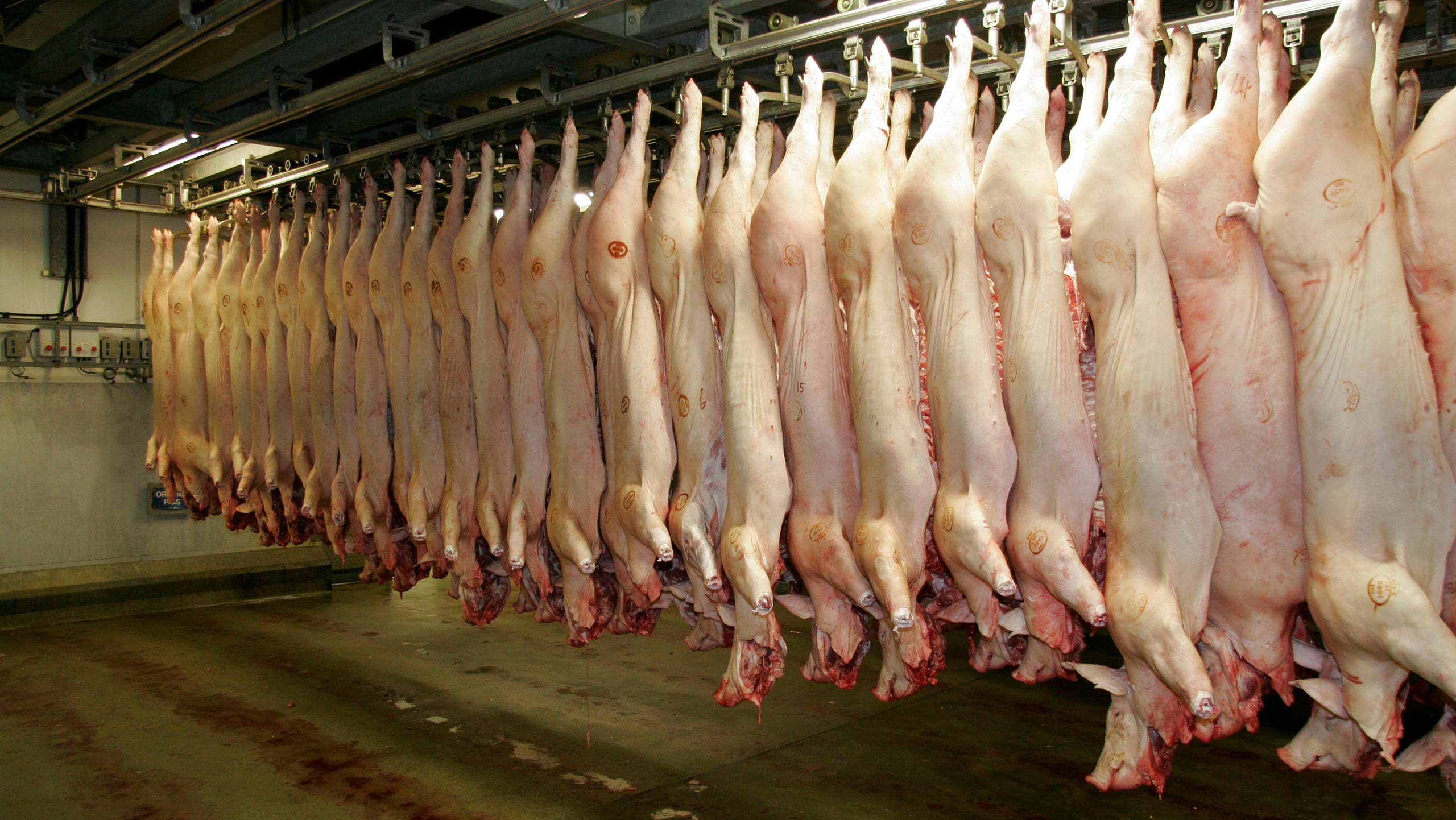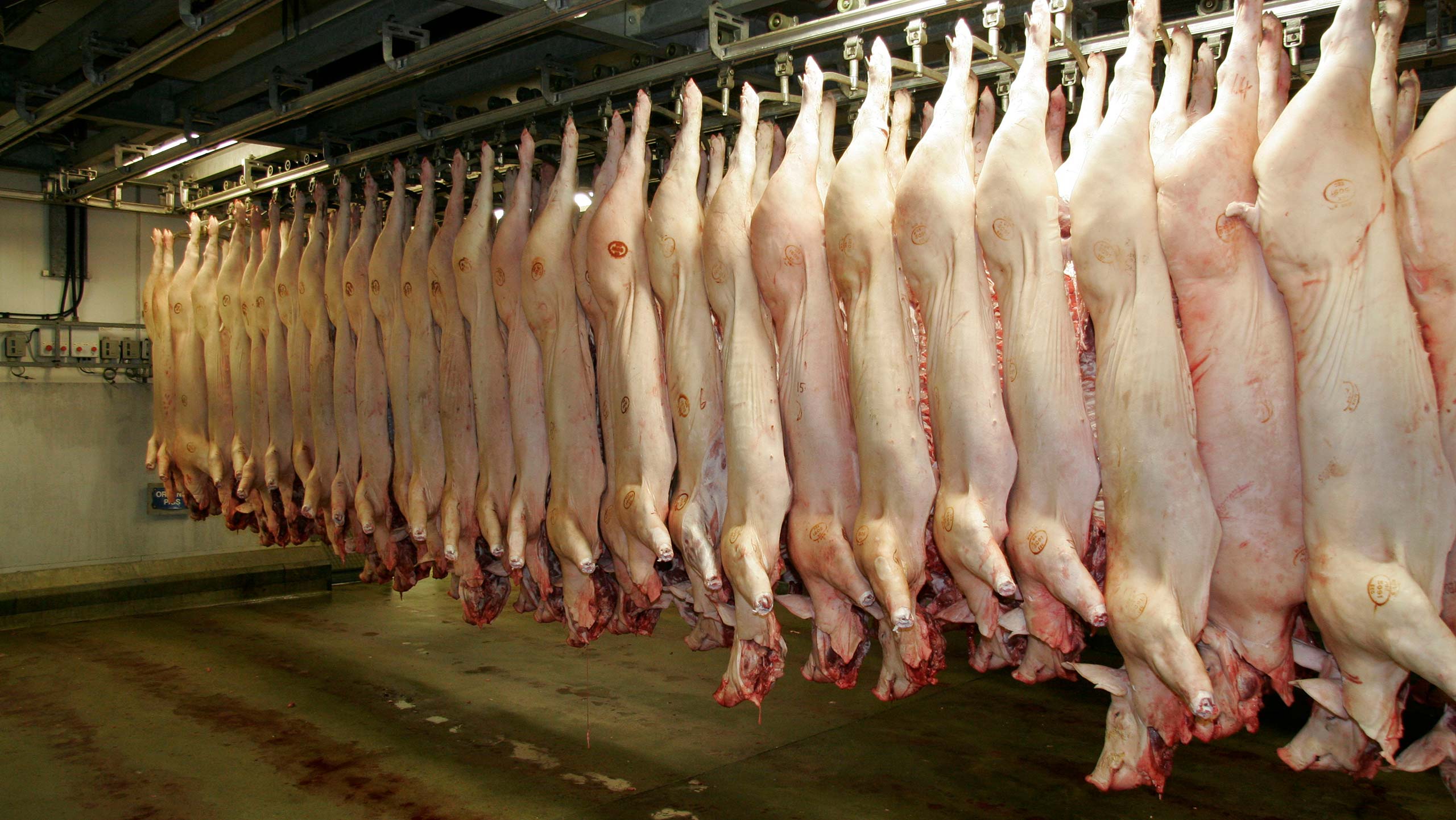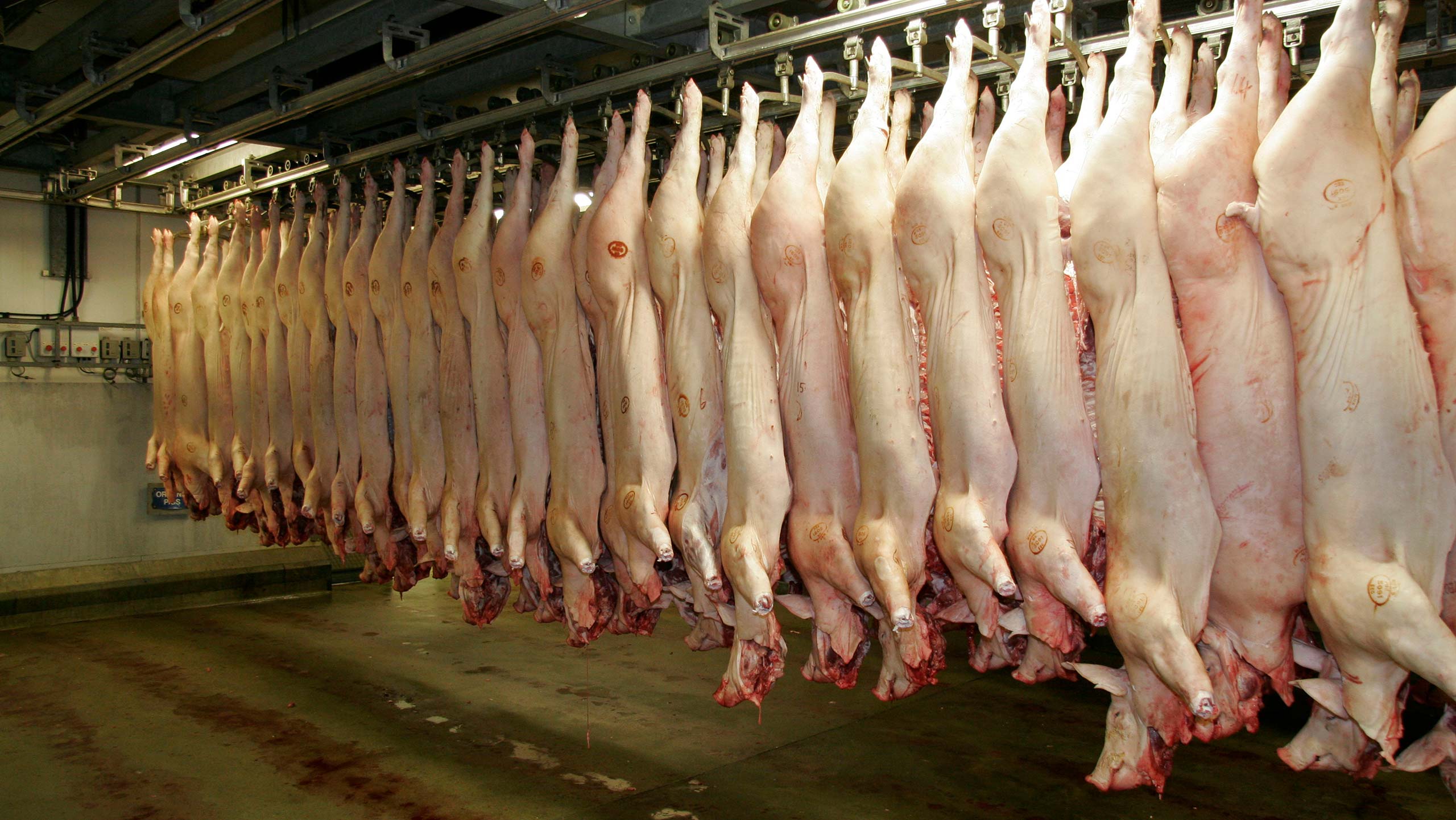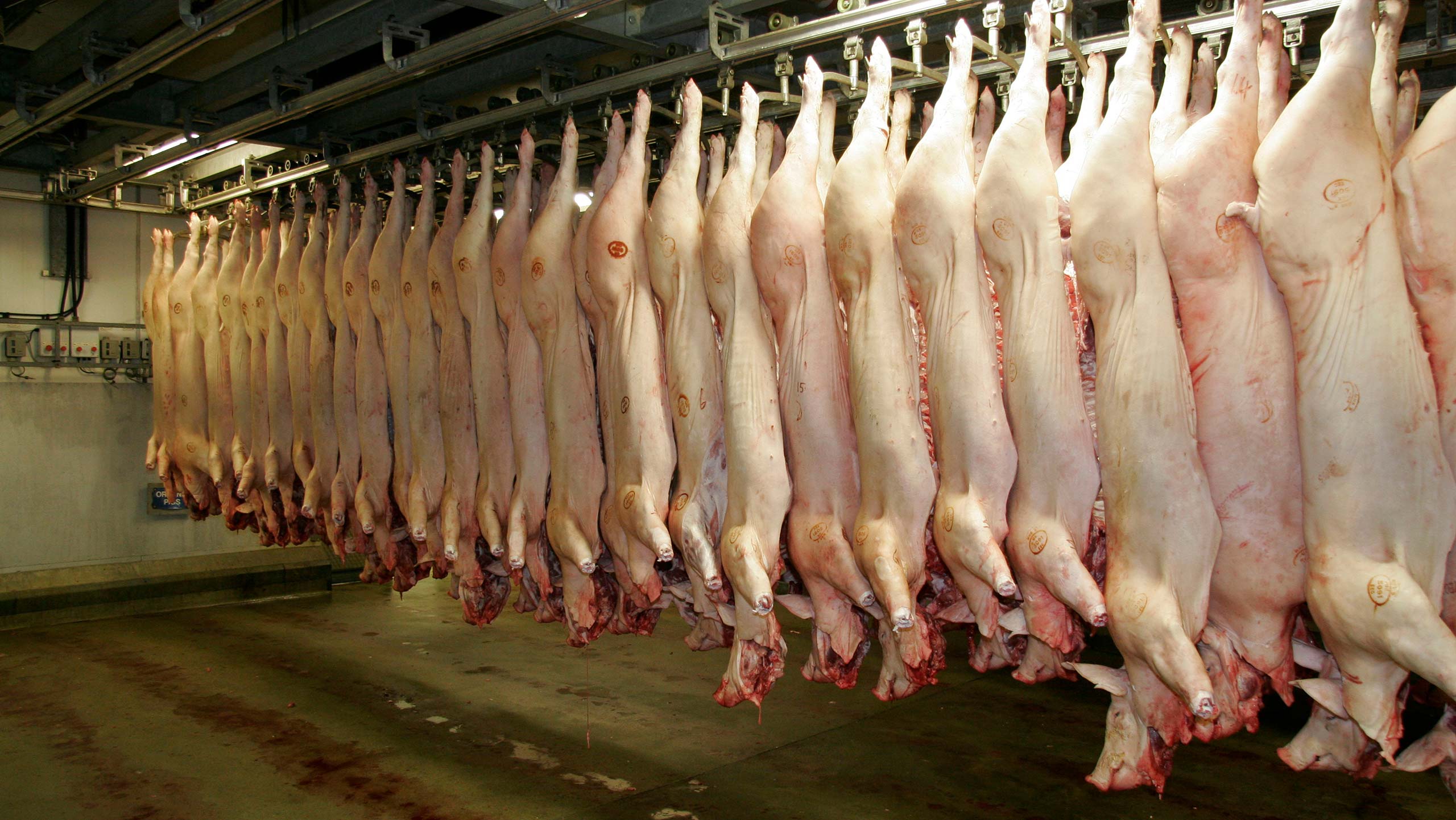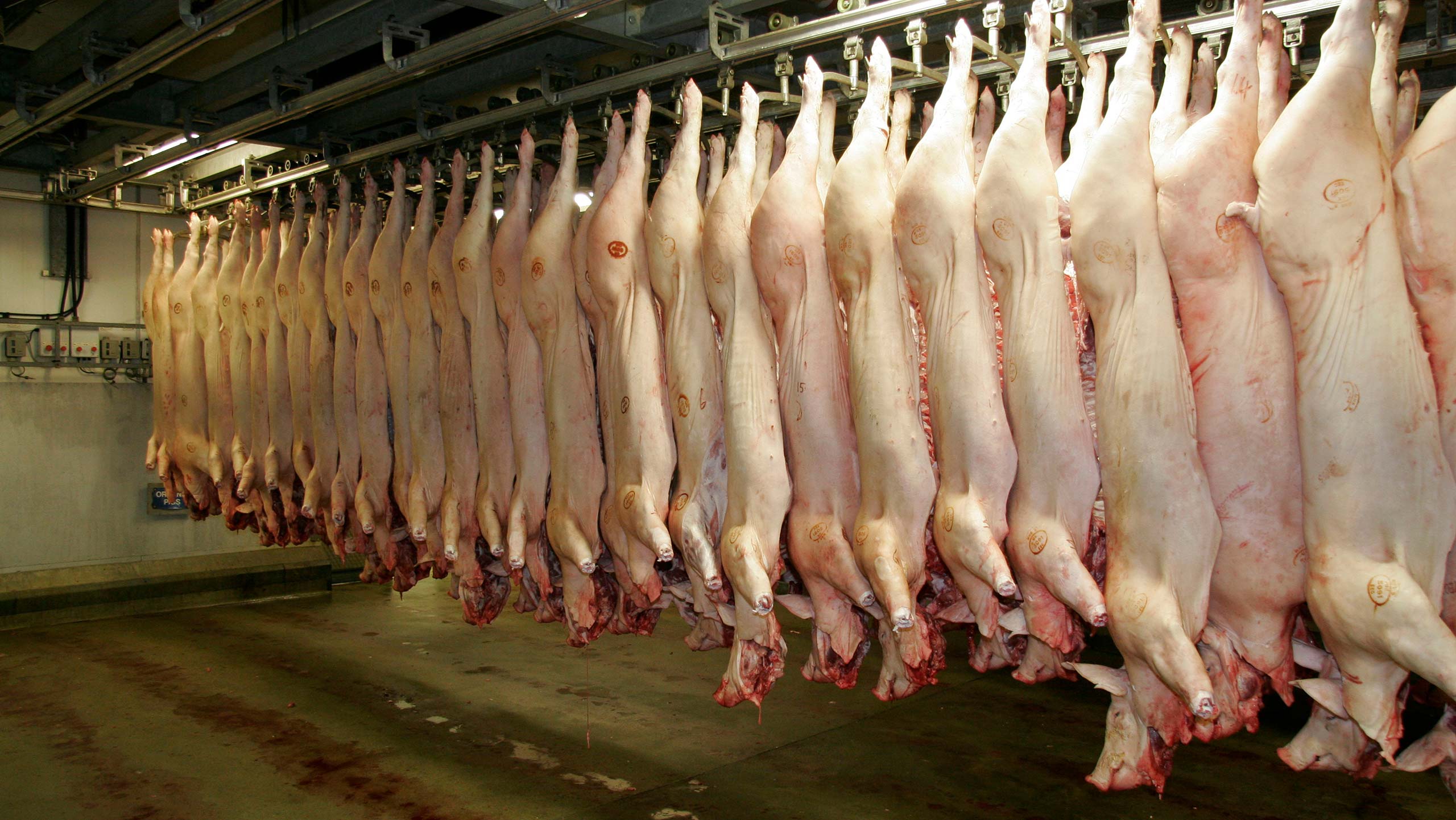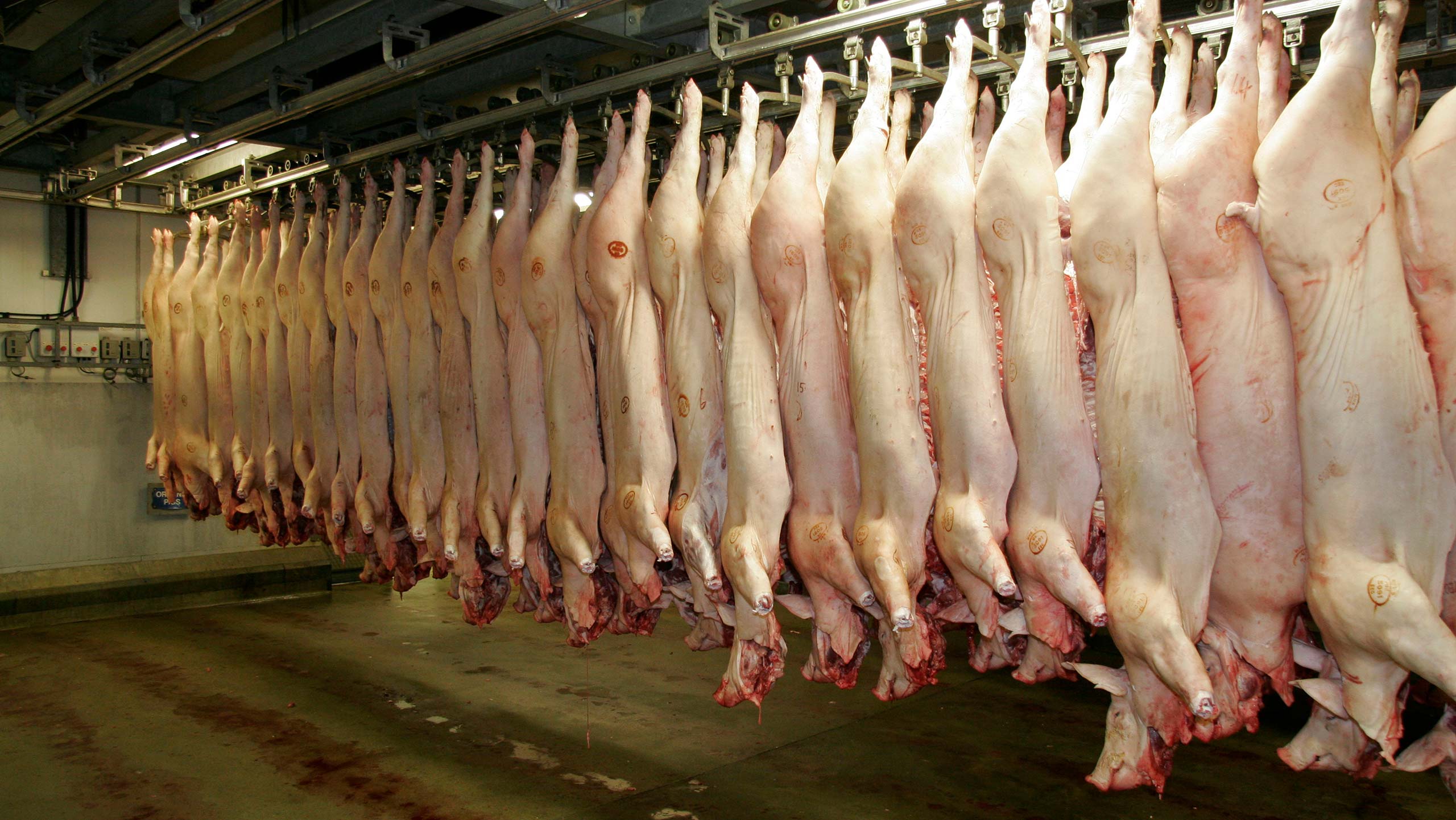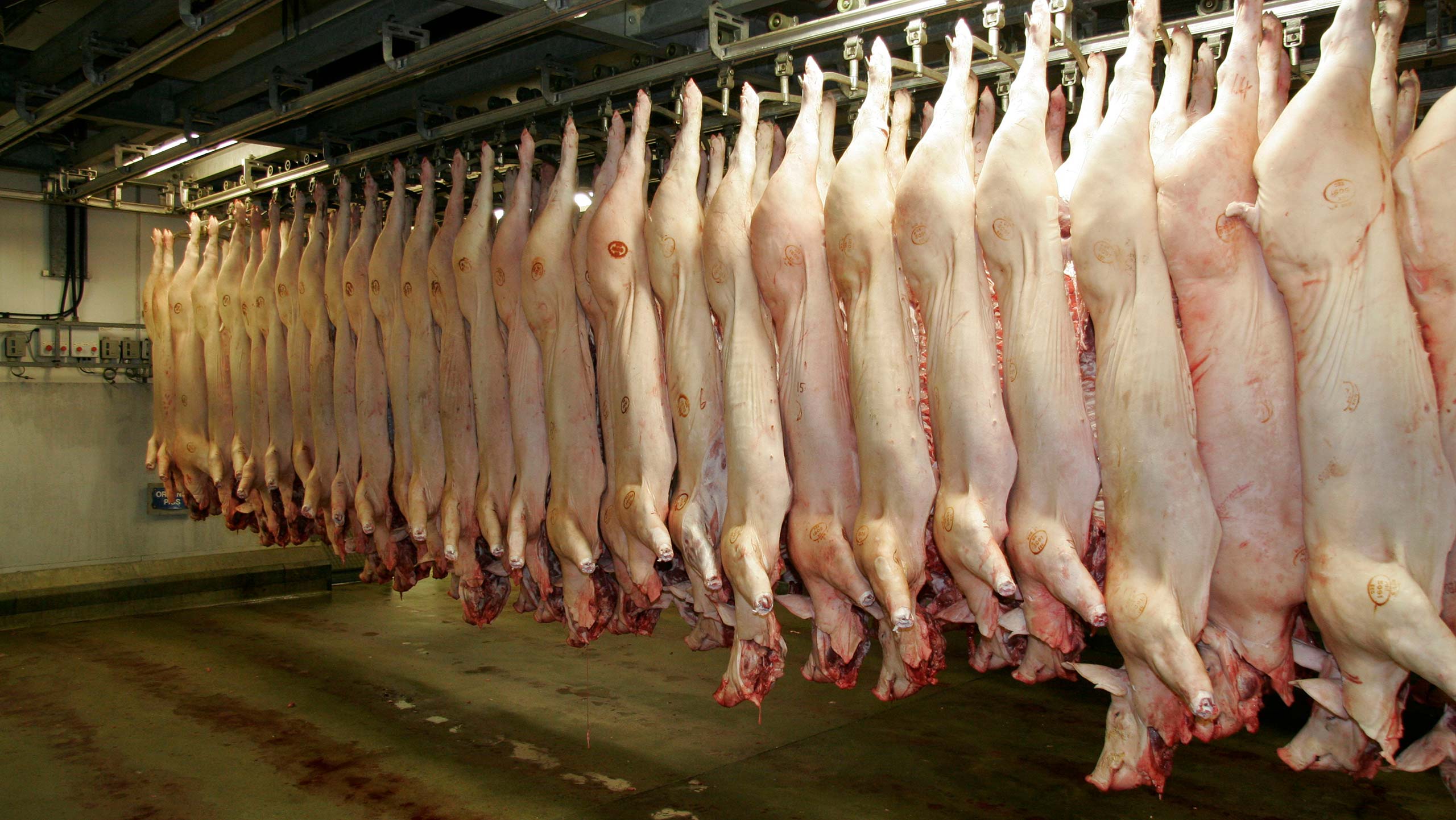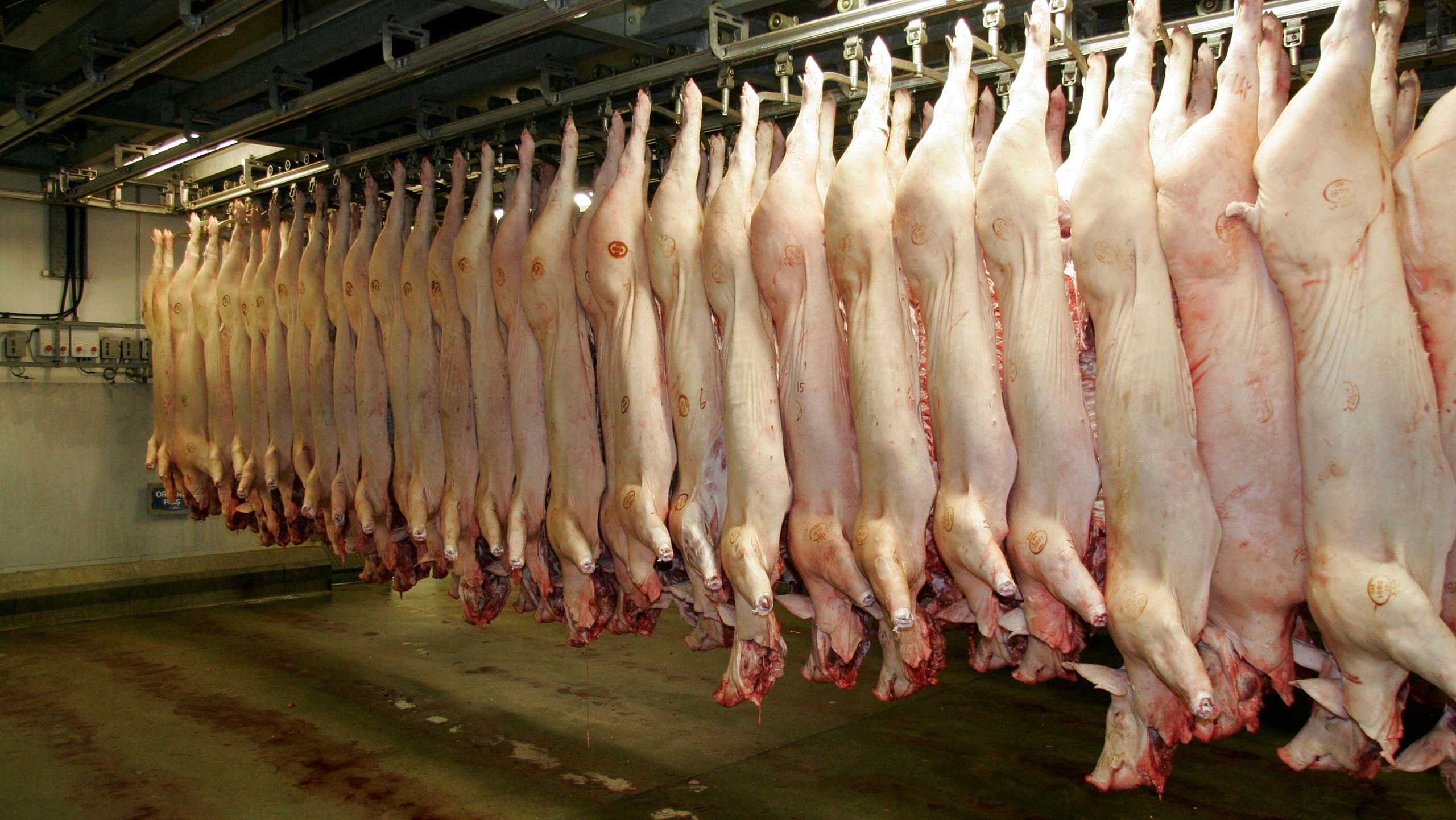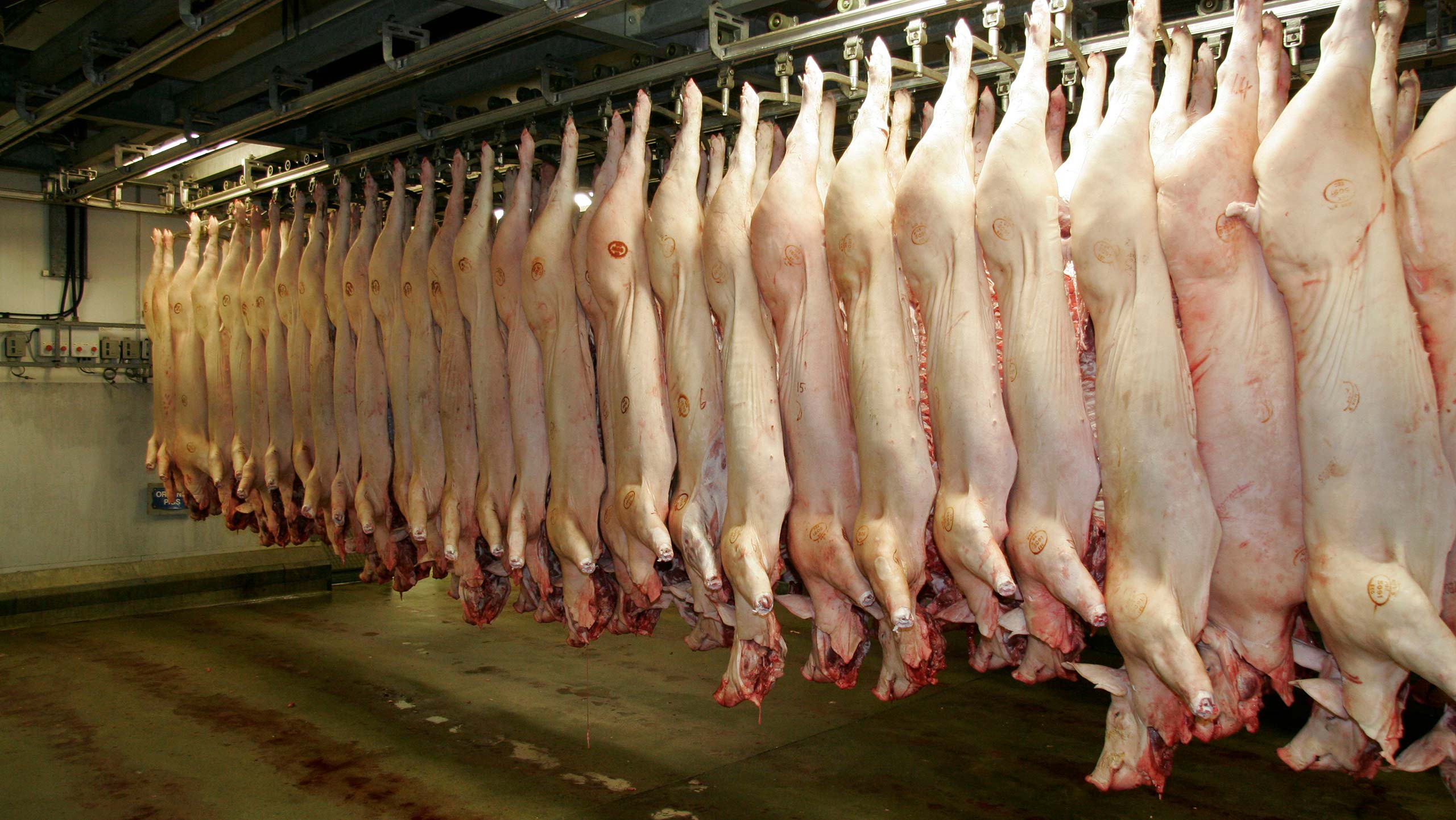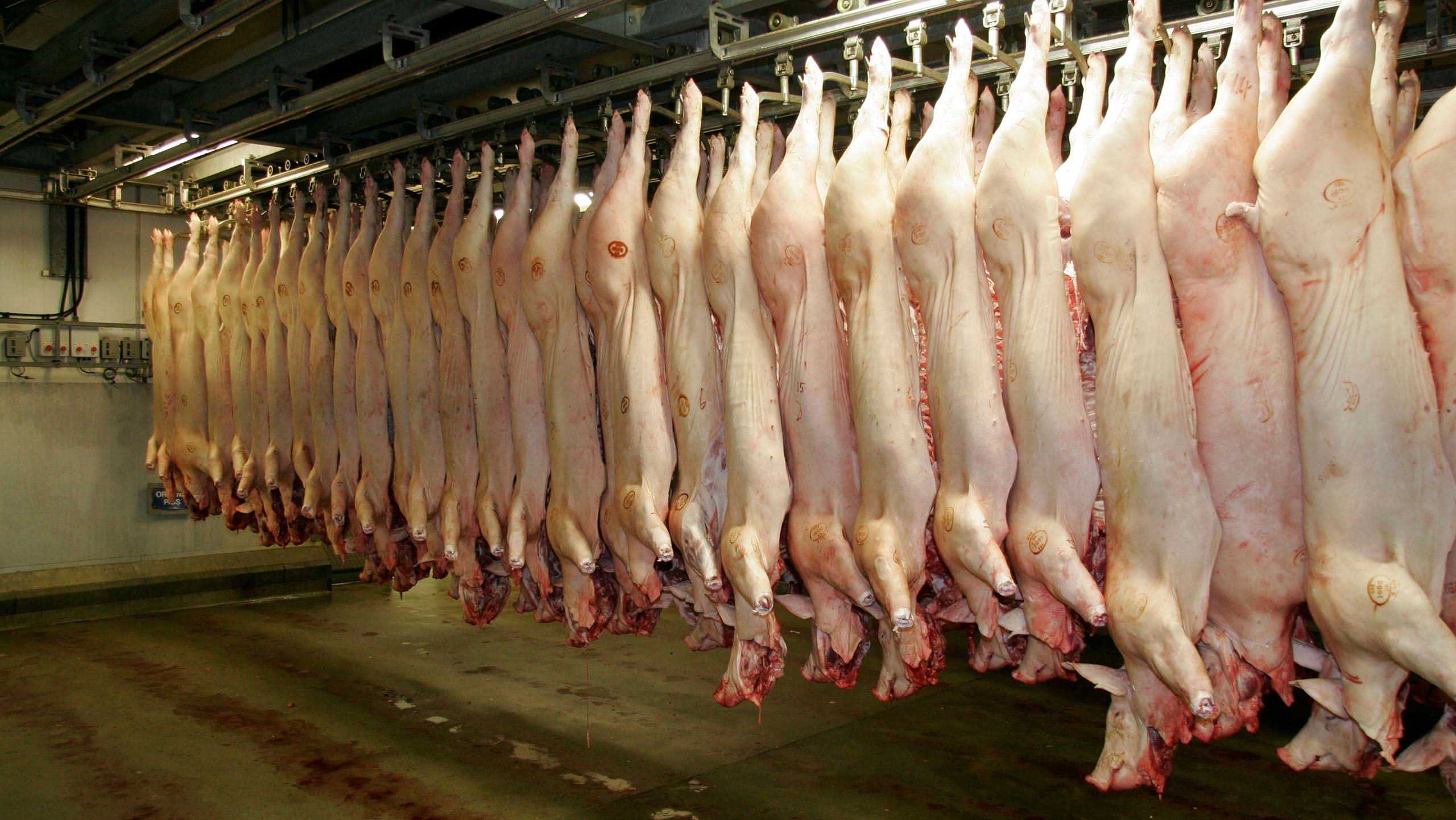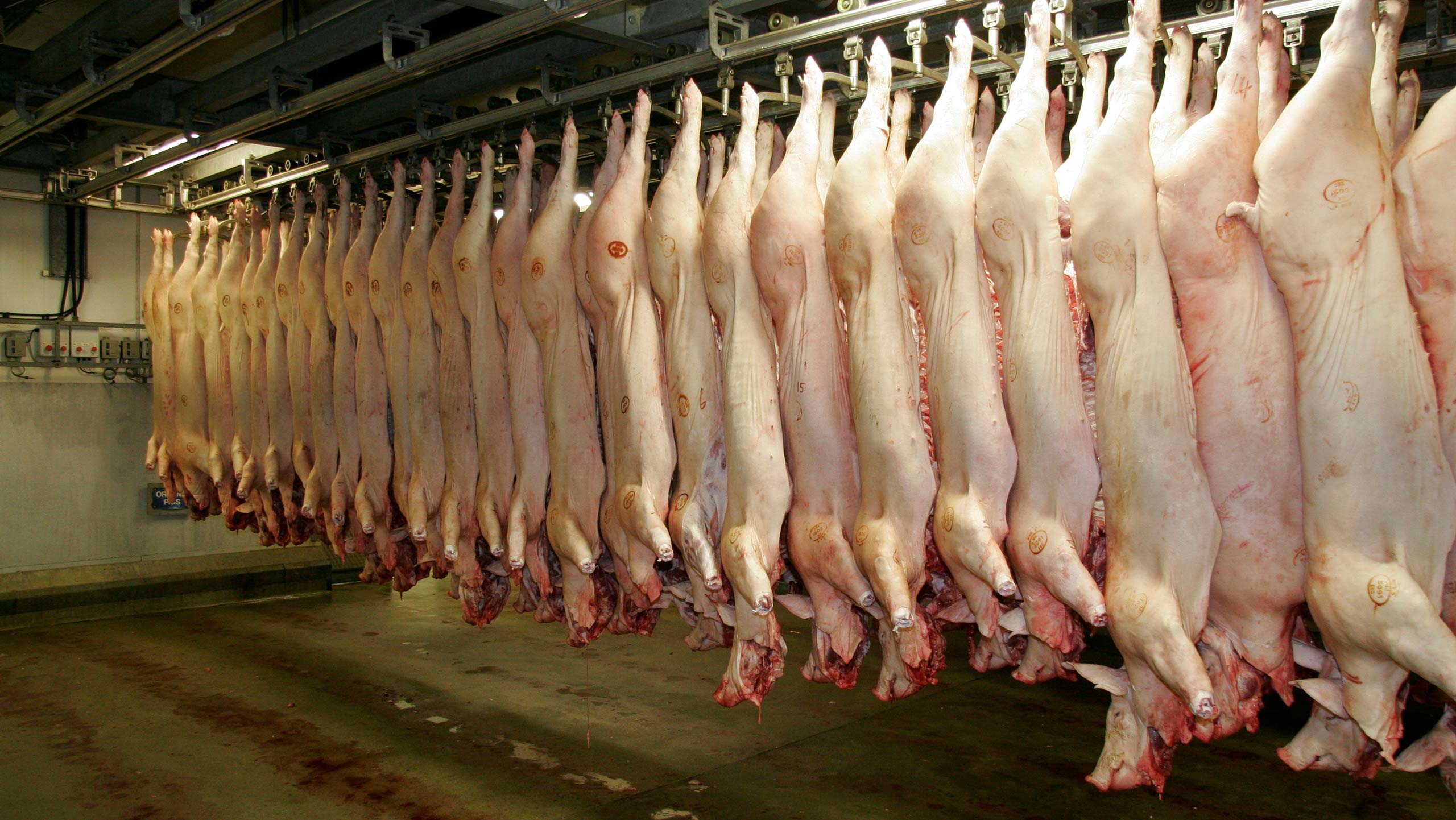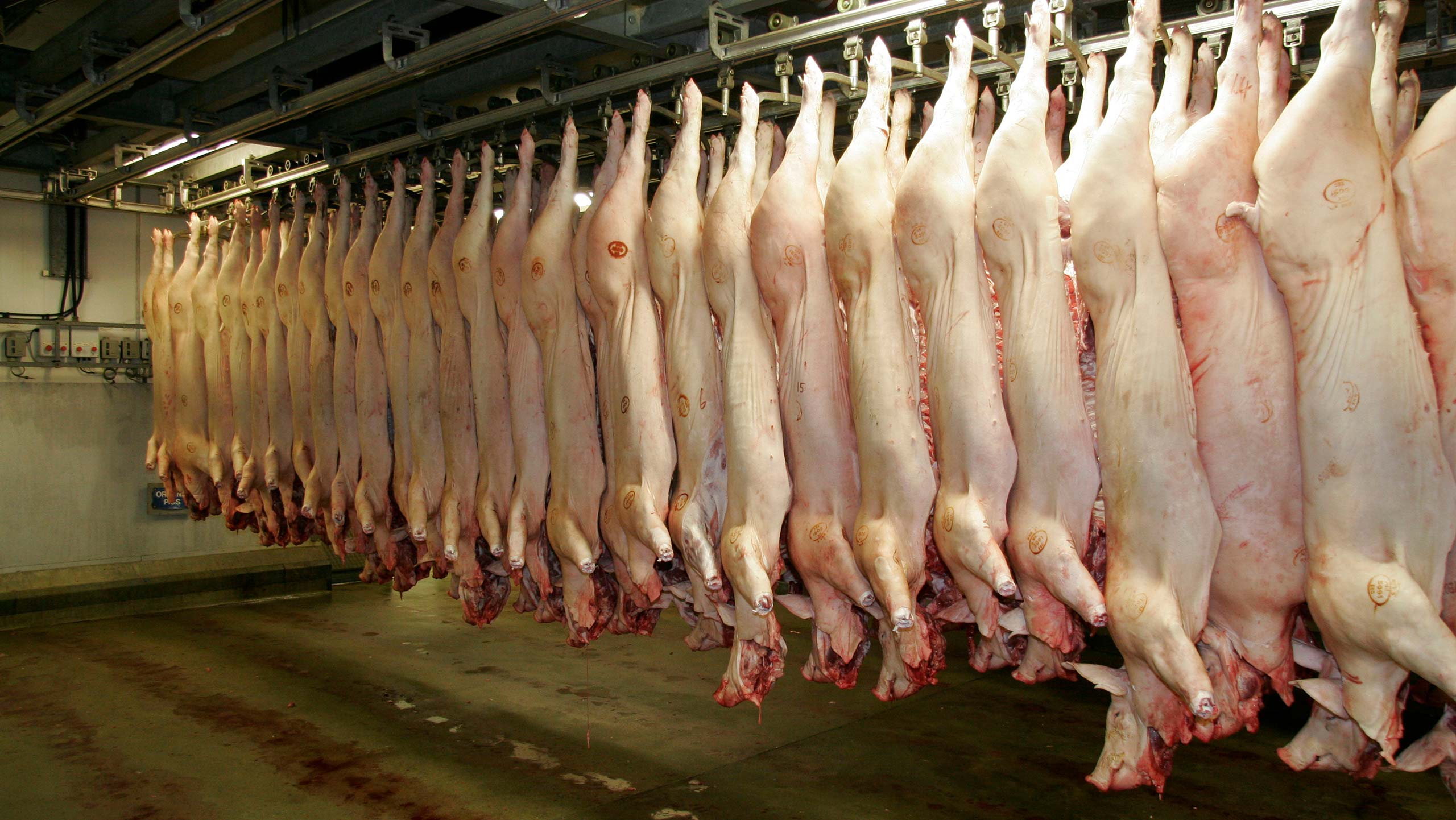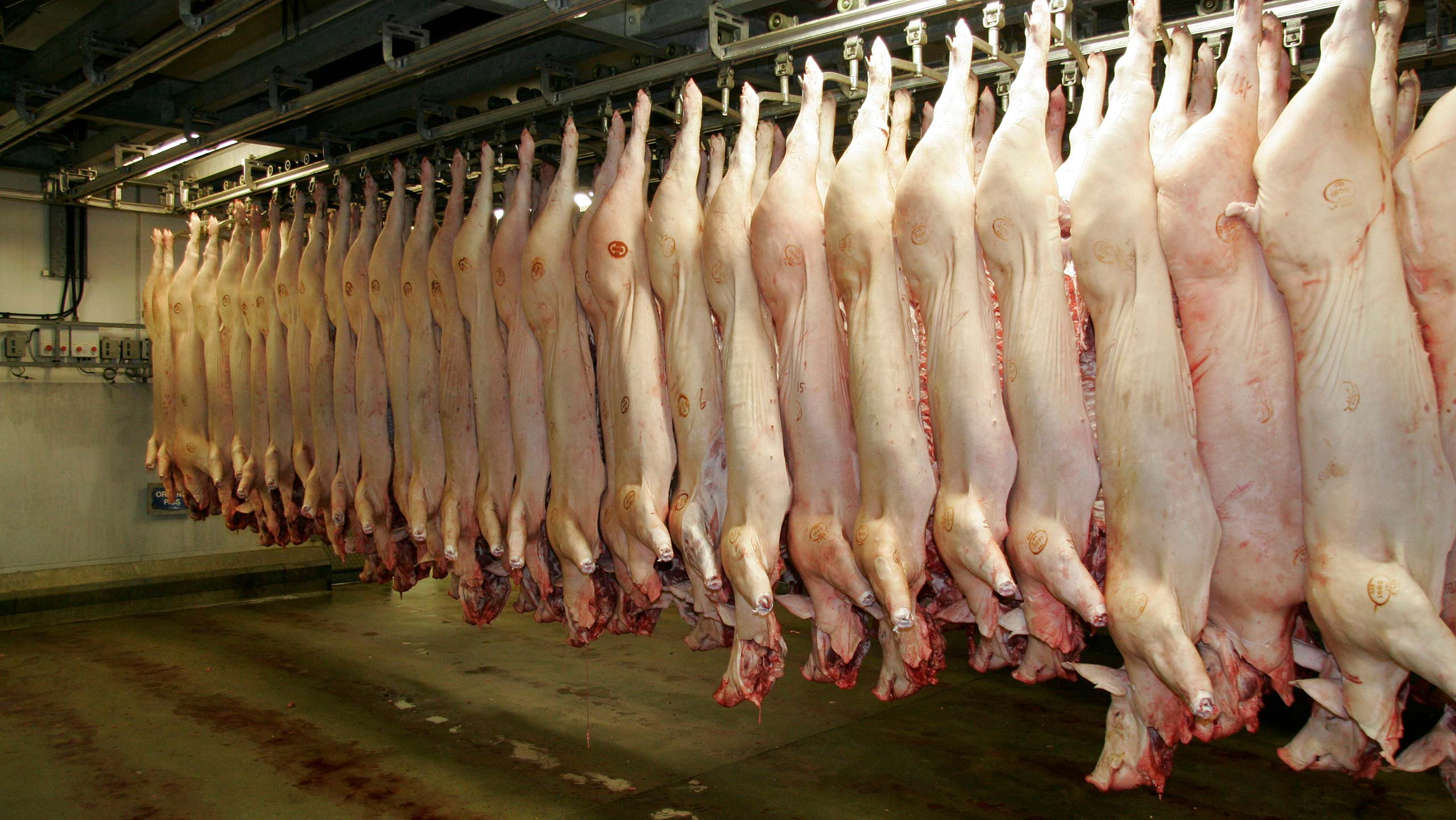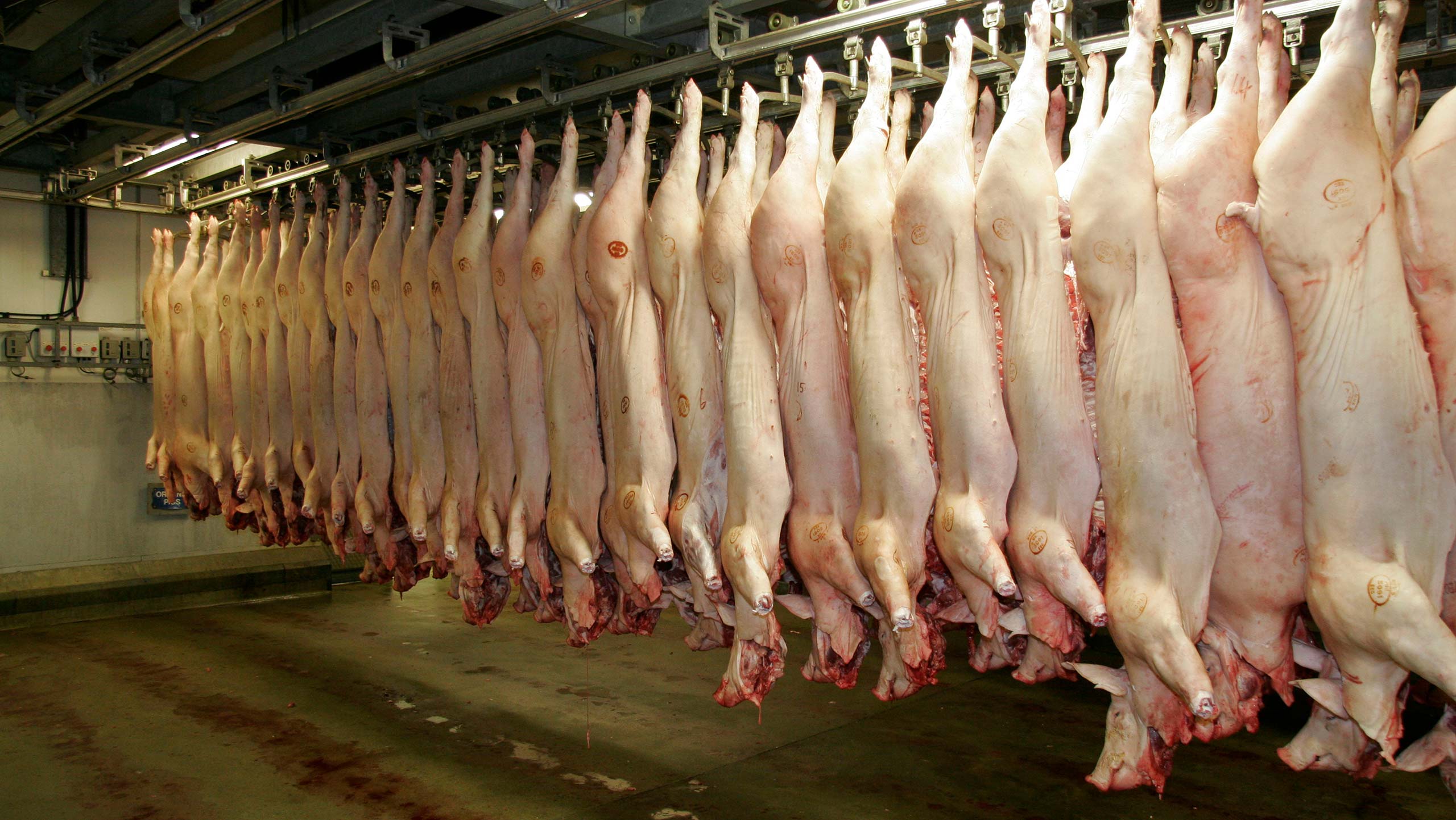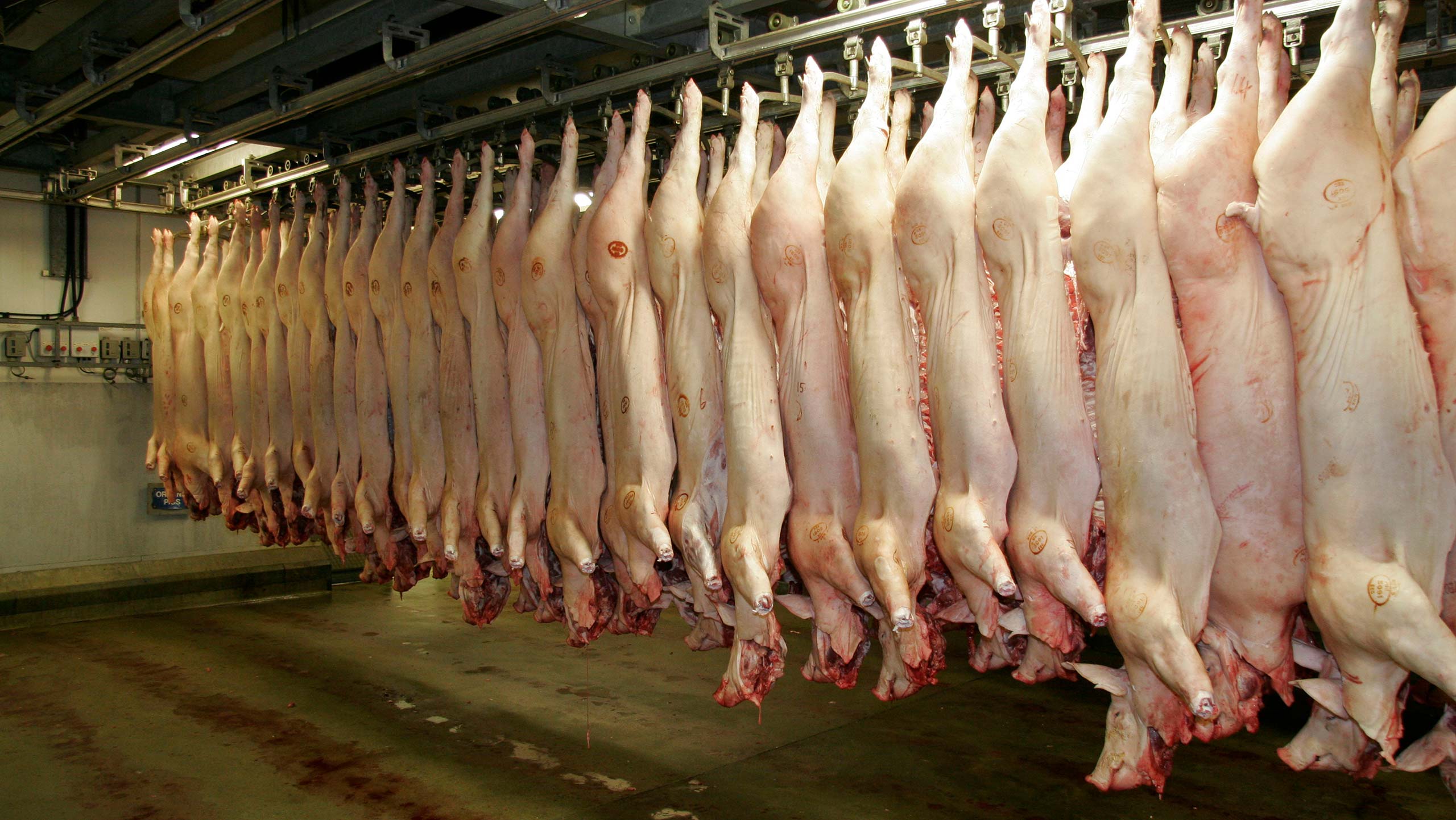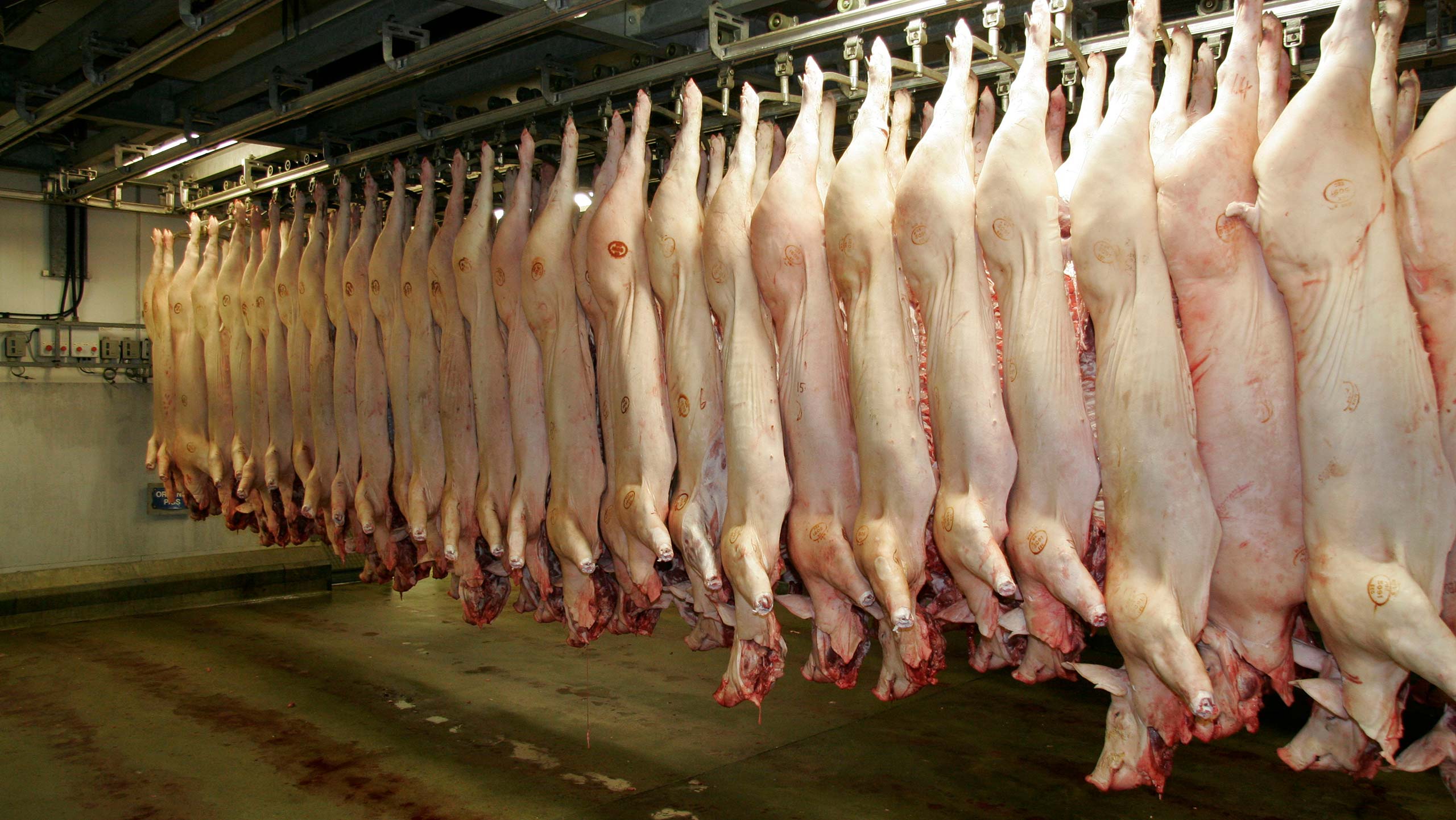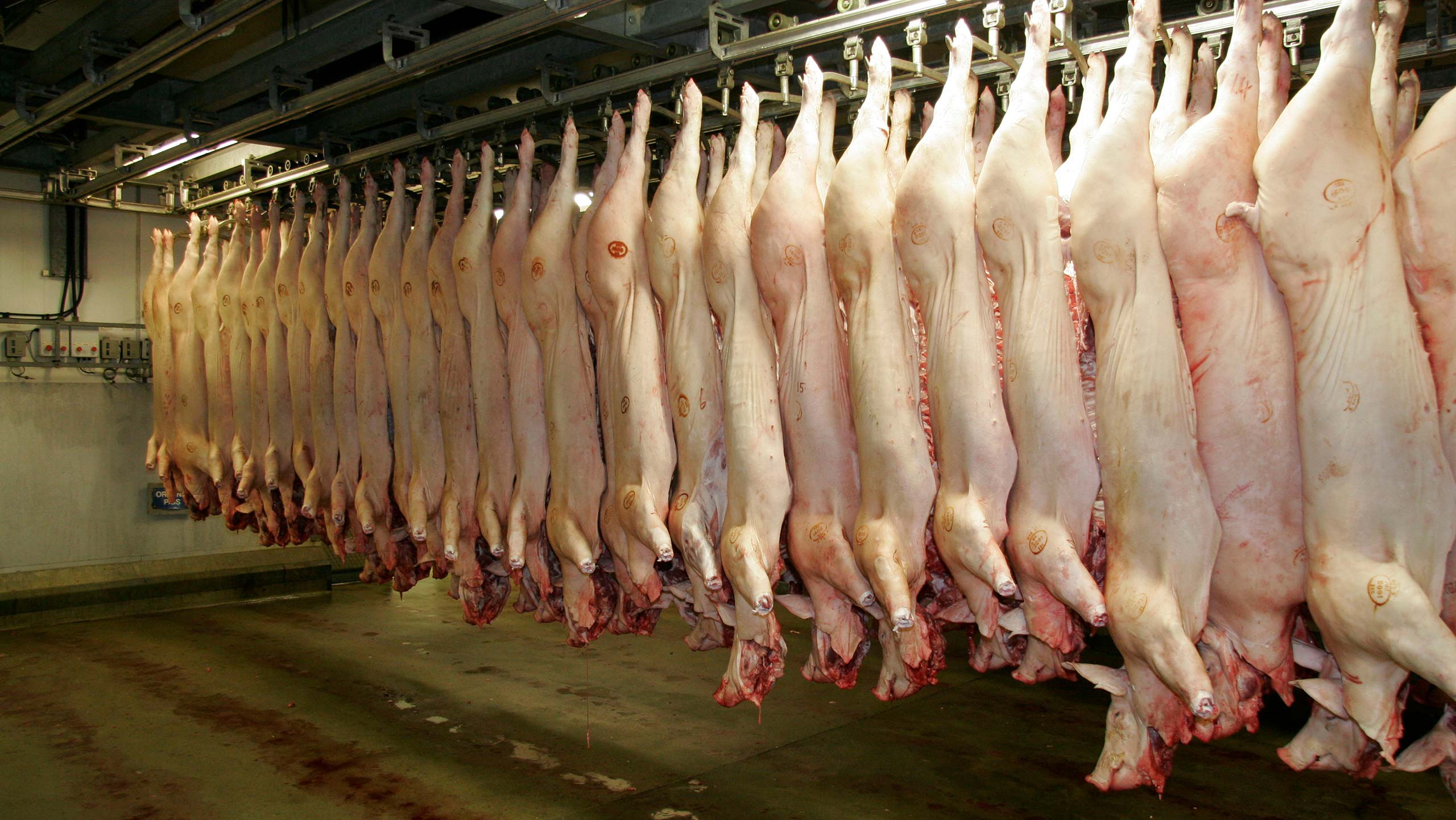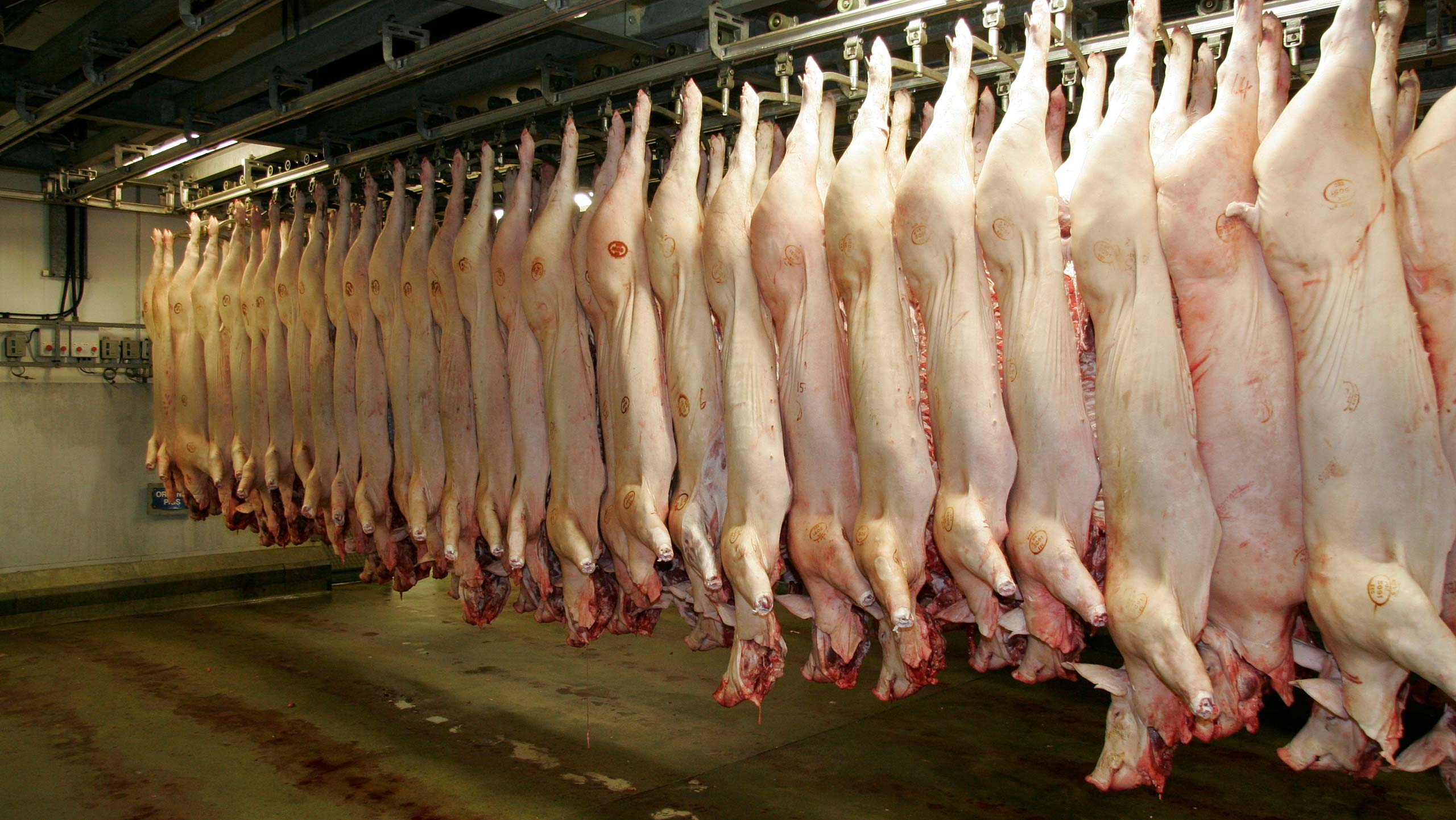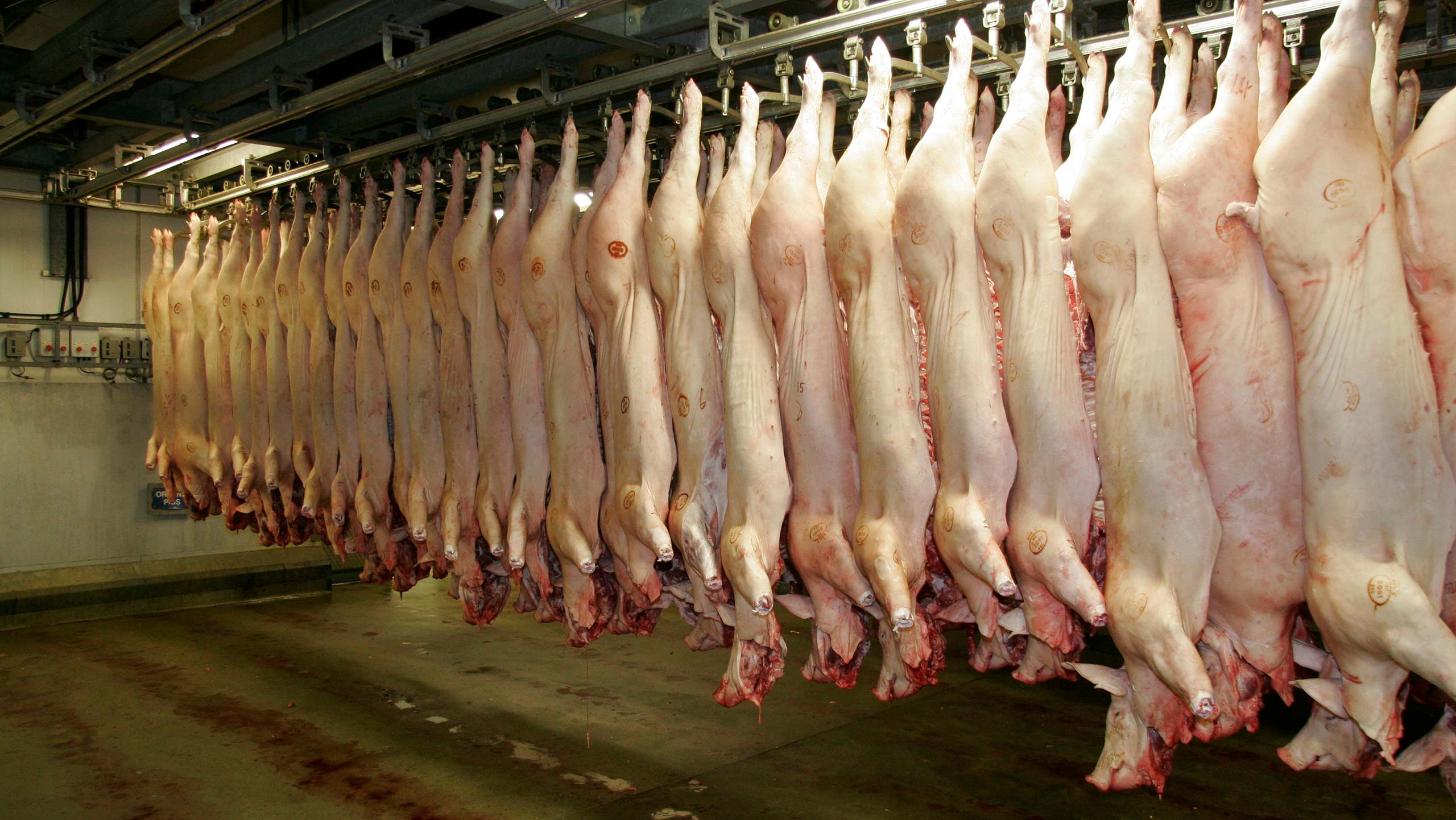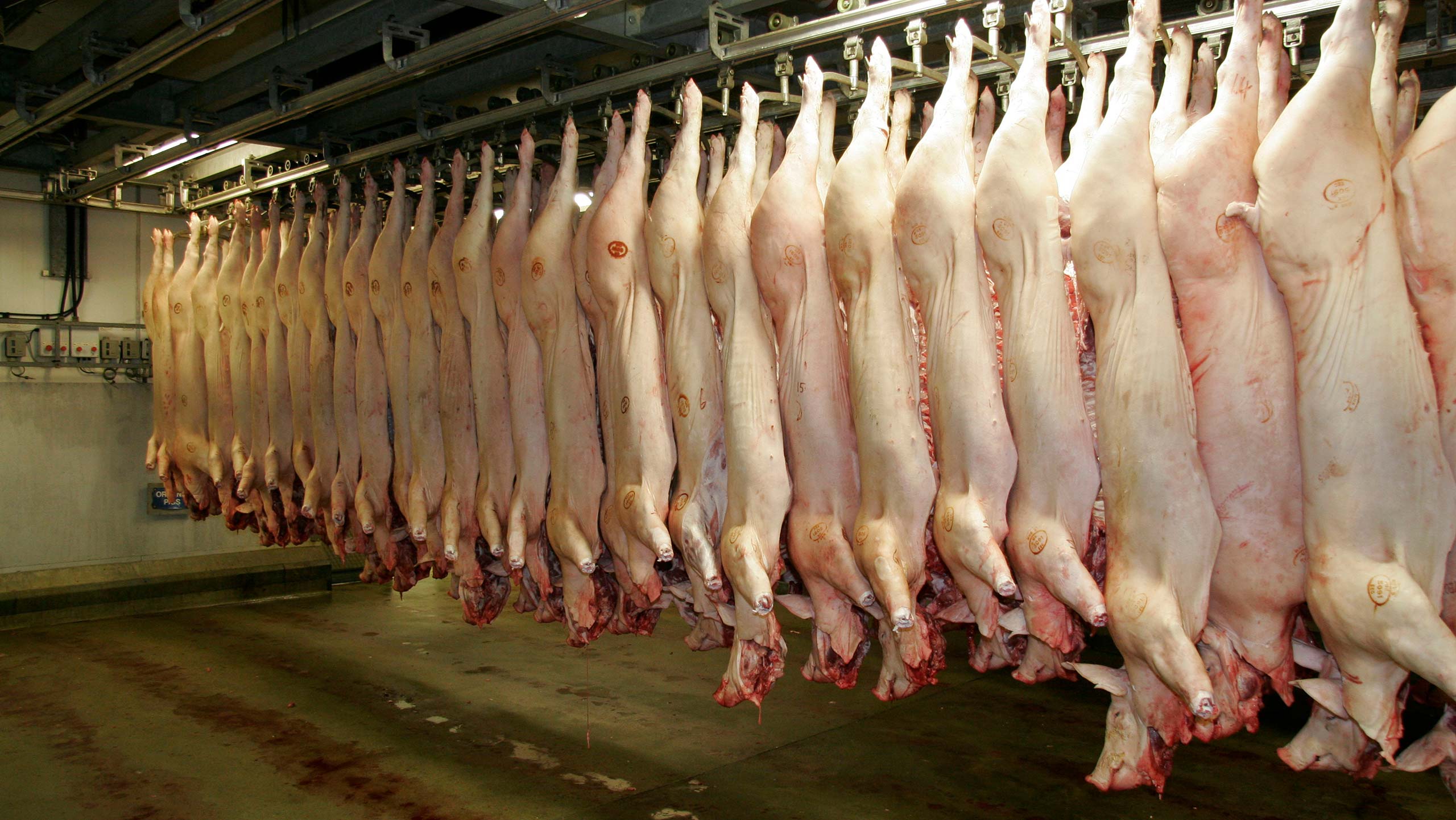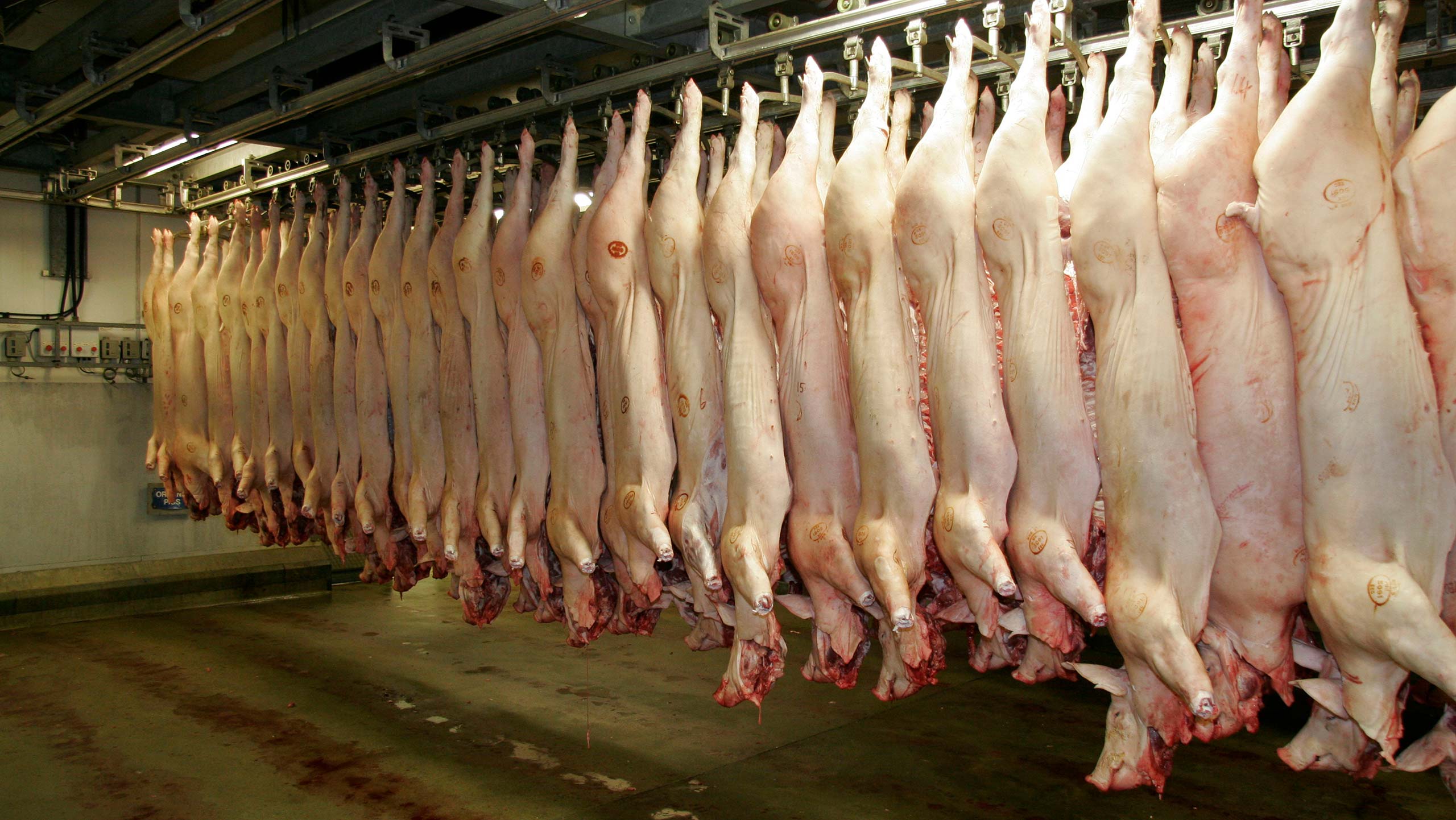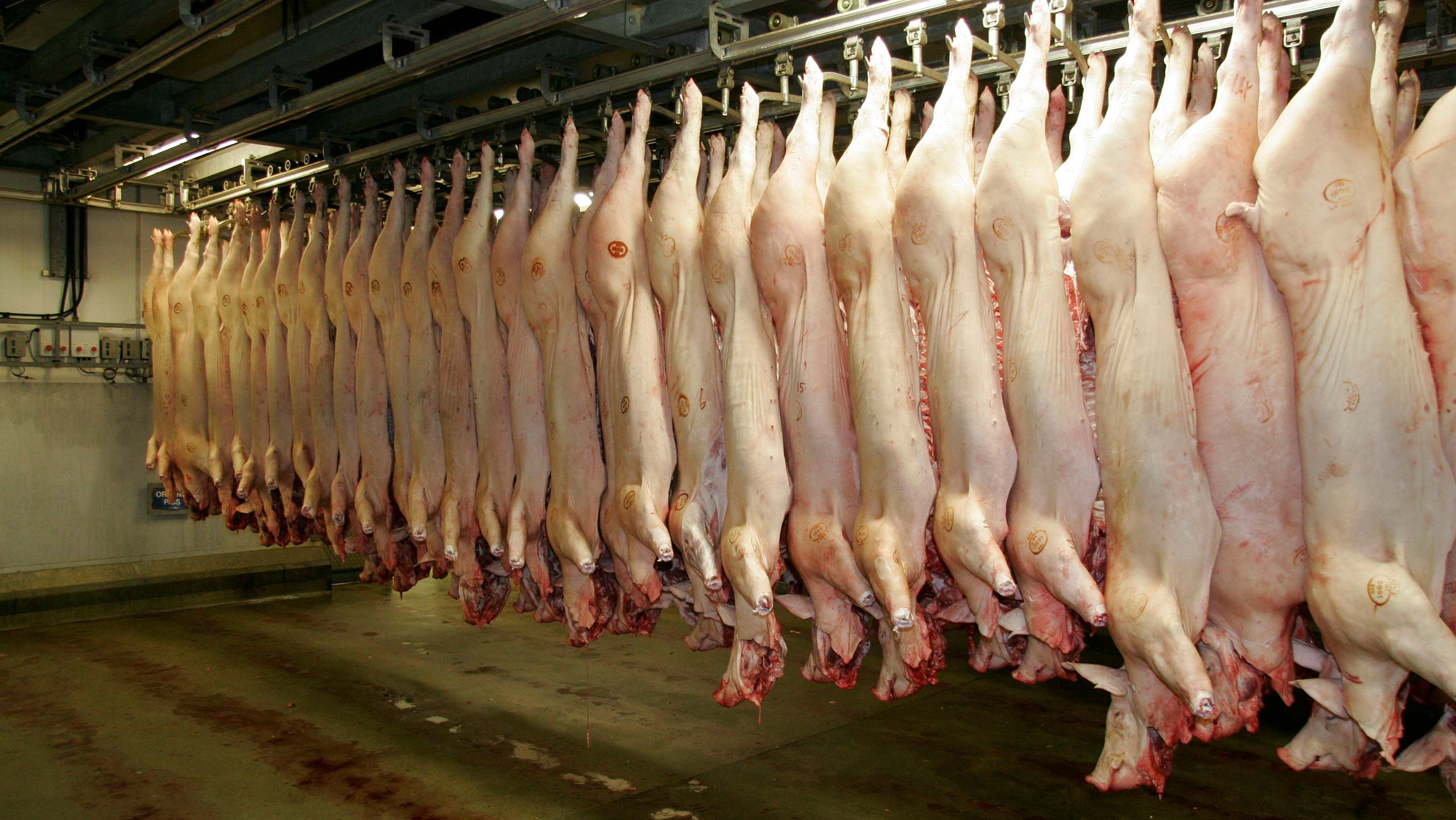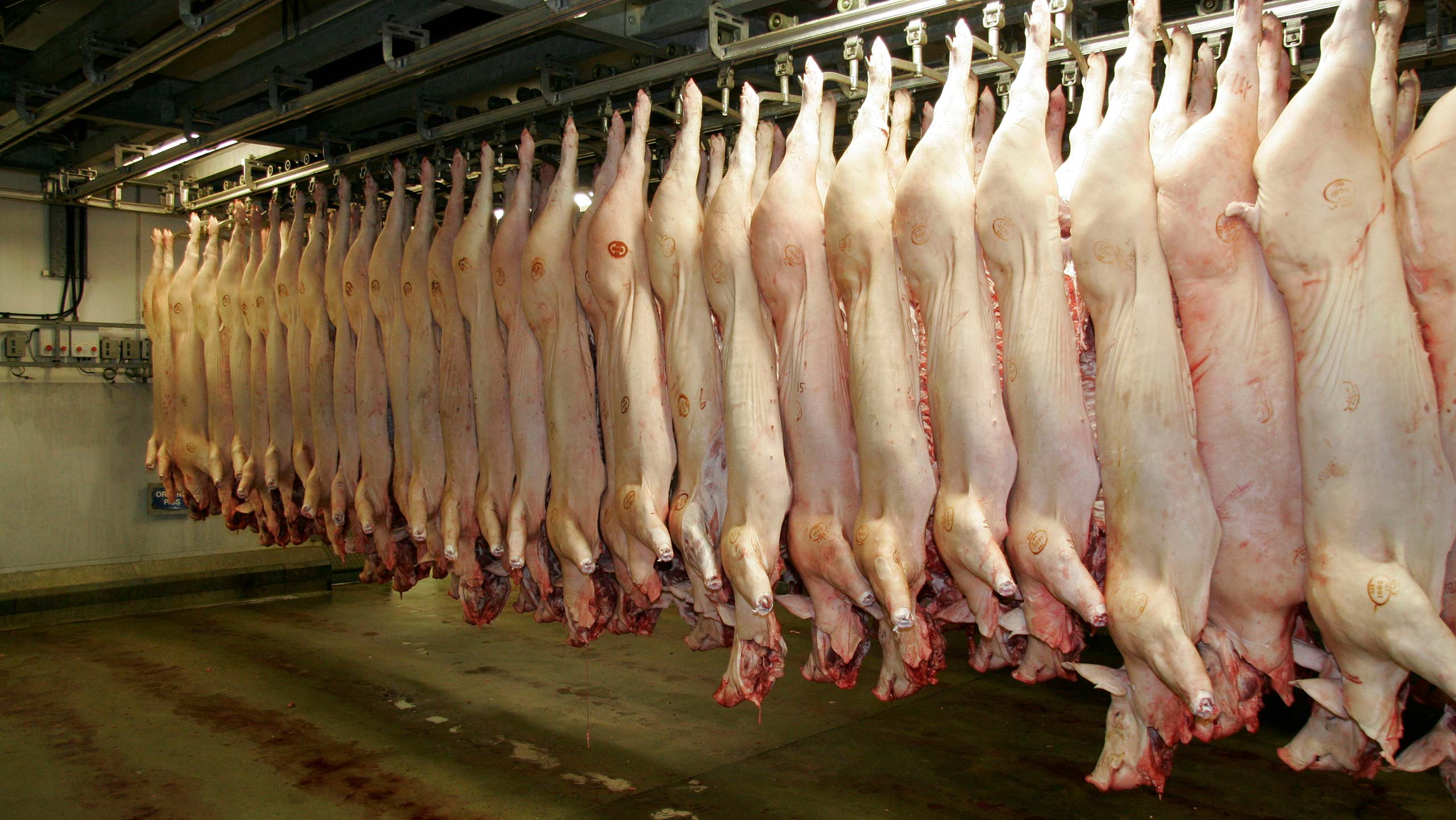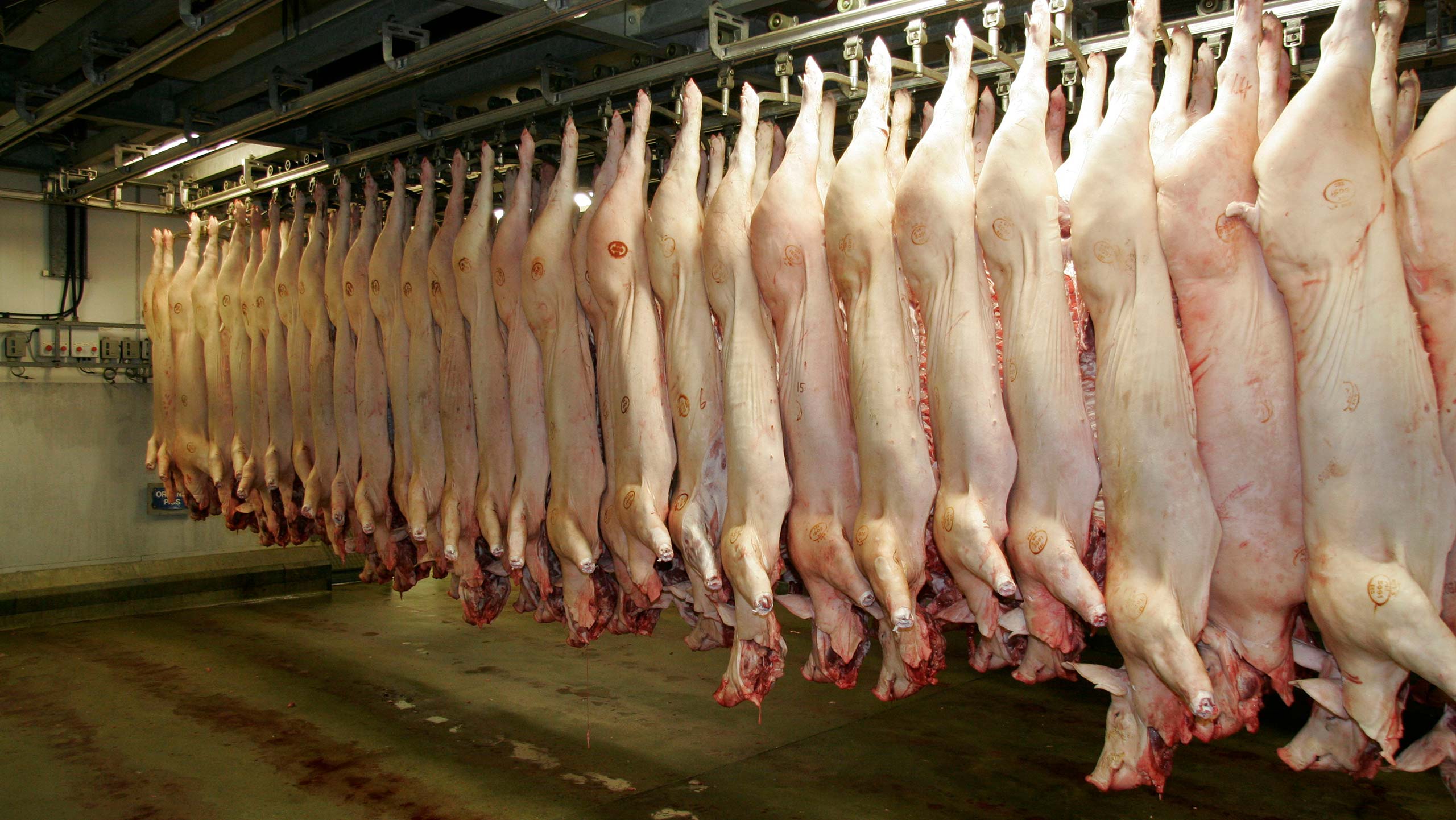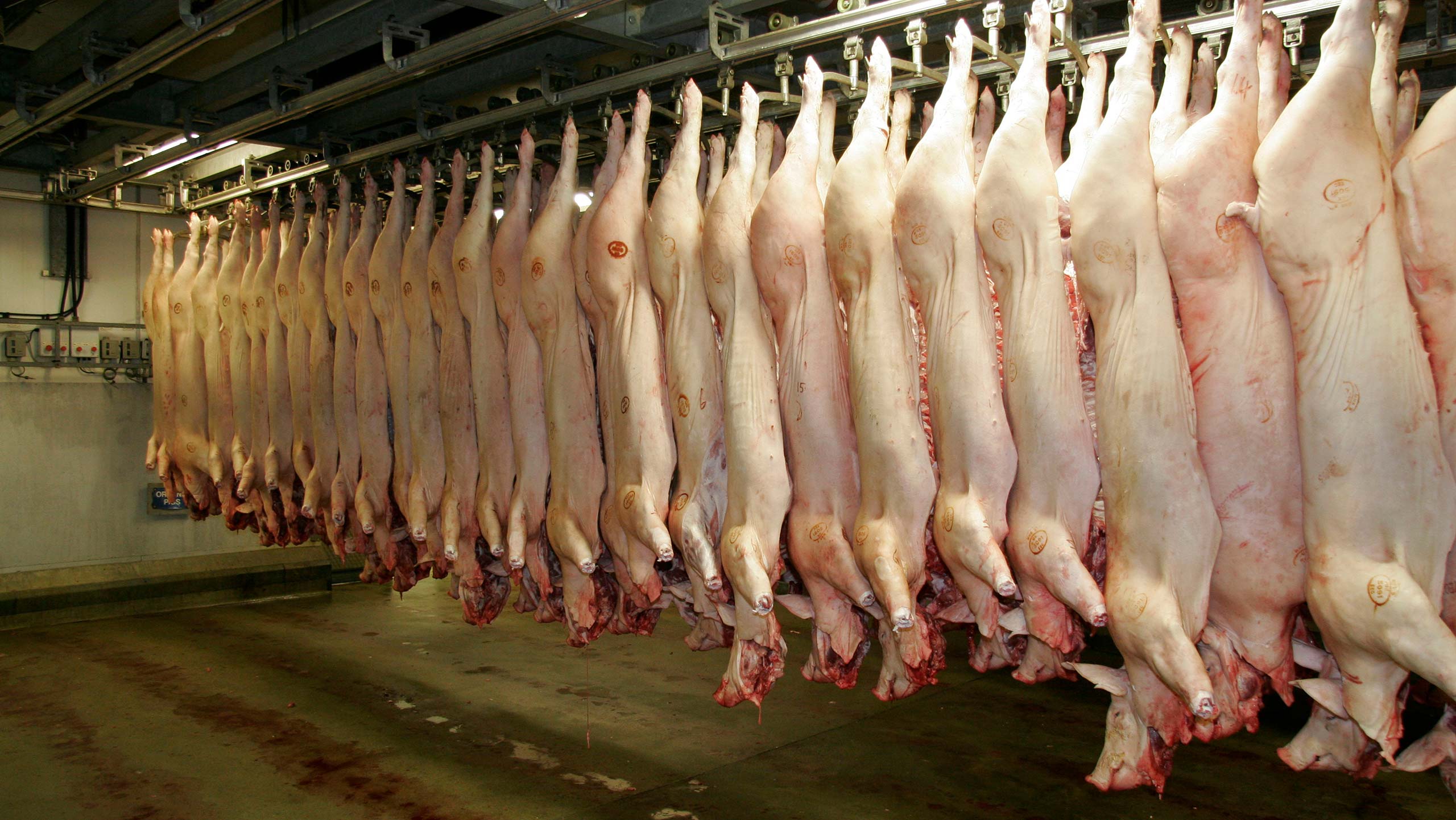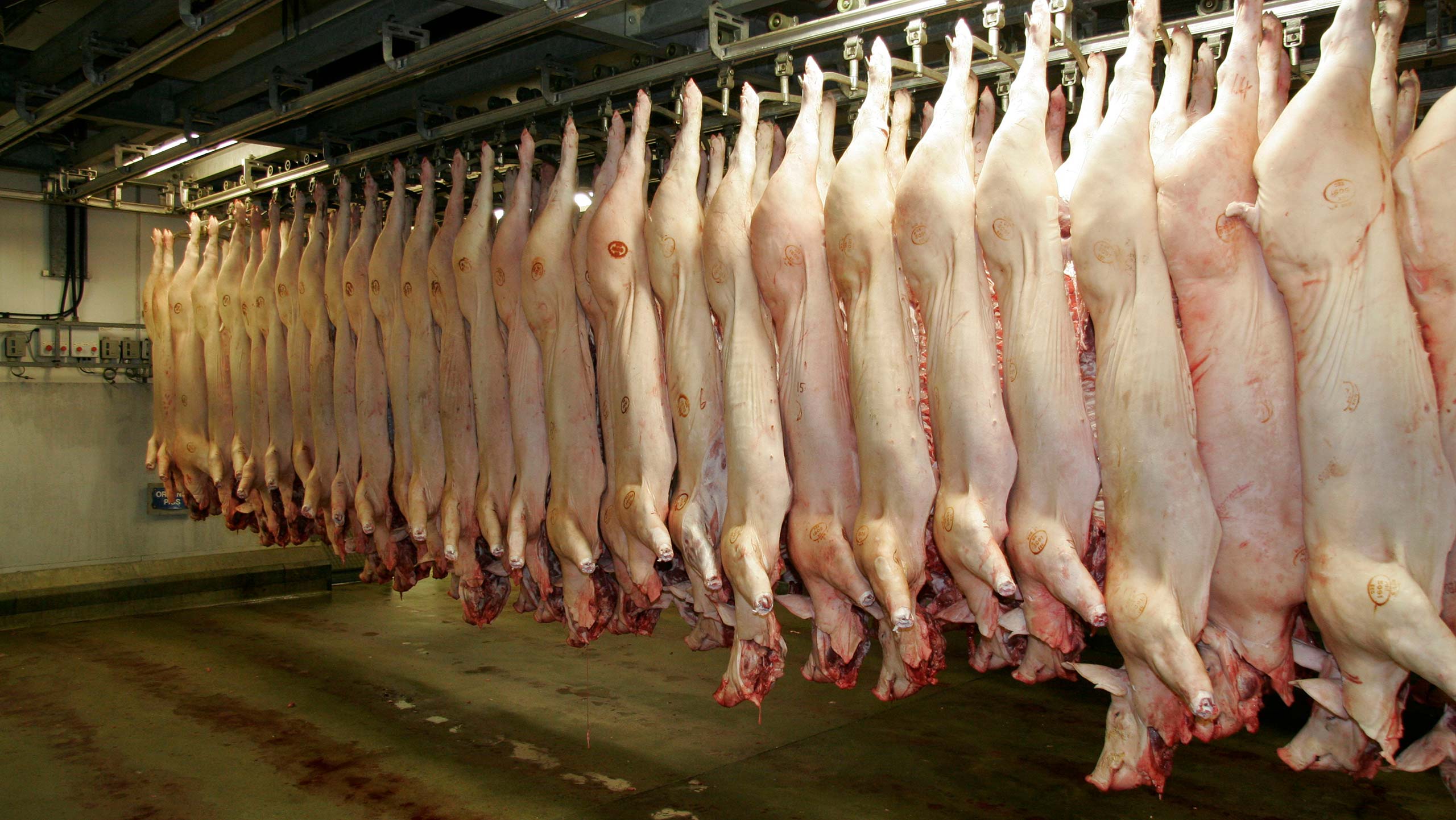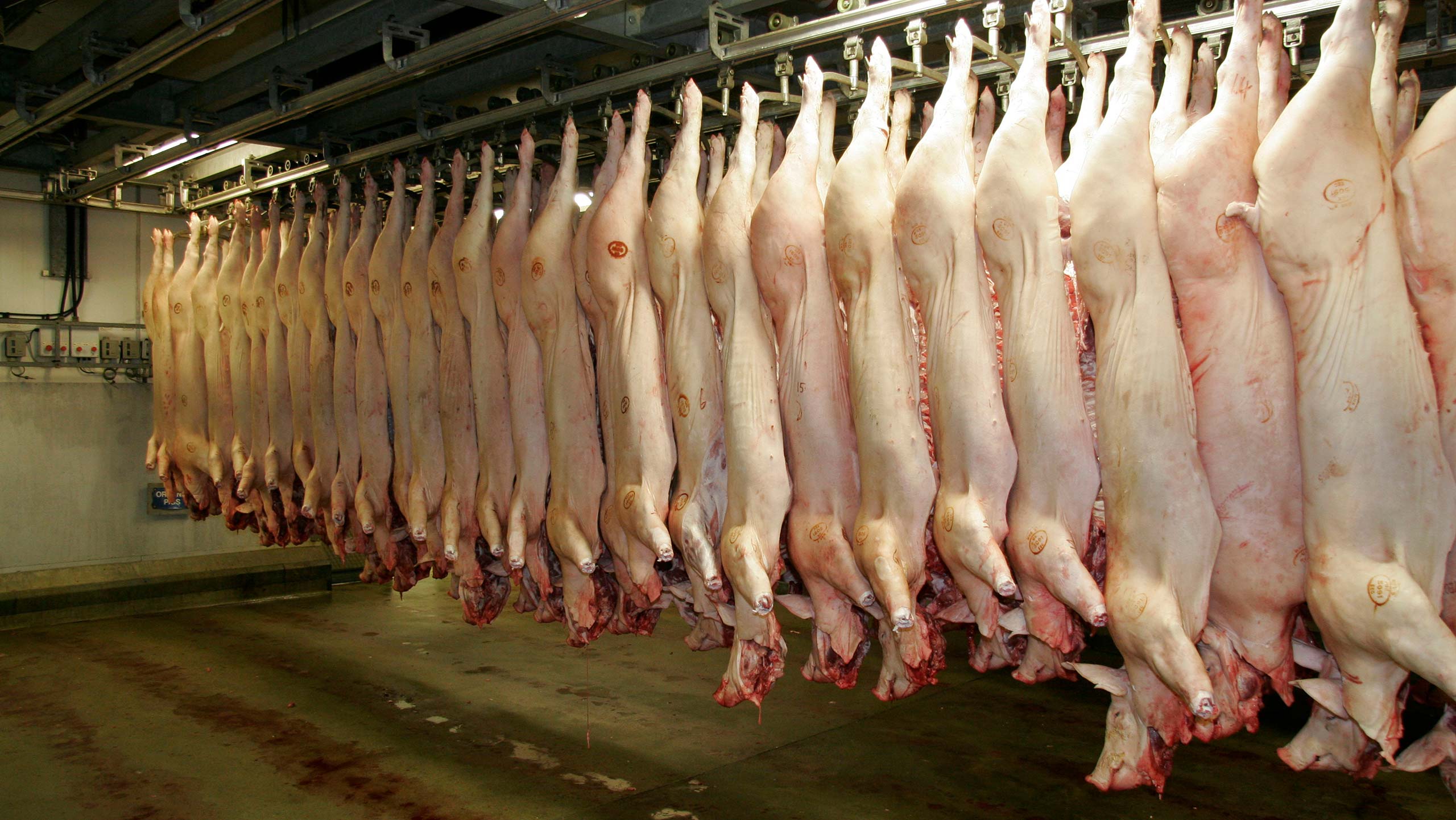When operating an abattoir, maintaining precise temperature control throughout your cold storage facilities isn't just about f…
Abattoir Cyber Insurance: Digital Protection for Meat Processing Facilities
The meat processing industry has undergone significant digital transformation in recent years, with abattoirs increasingly relying on sophisticated technology systems for operations, compliance, and supply chain management. While this digitalization has brought efficiency gains, it has also exposed these critical food production facilities to cyber threats that can have devastating consequences for both business operations and food safety.
Understanding Cyber Risks in Abattoir Operations
Modern abattoirs operate complex digital ecosystems that present multiple cyber vulnerability points. Production line control systems, temperature monitoring equipment, and automated processing machinery all rely on interconnected networks that can be targeted by cybercriminals. A successful cyber attack on these systems could halt production entirely, leading to significant financial losses and potential food safety breaches.
The regulatory environment surrounding meat processing adds another layer of complexity to cyber risk management. Abattoirs must maintain detailed digital records for traceability, health inspections, and compliance reporting. A cyber incident that compromises these records could result in regulatory violations, product recalls, and damage to industry relationships.
Customer data protection represents another critical concern for abattoirs. Many facilities maintain databases containing supplier information, customer contracts, and financial records. A data breach could expose sensitive commercial information, leading to legal liability and reputational damage that extends throughout the supply chain.
Essential Cyber Insurance Coverage for Abattoirs
Comprehensive cyber insurance for abattoirs should address the unique operational and regulatory challenges facing meat processing facilities. Data breach response coverage provides immediate access to forensic investigators, legal counsel, and public relations support when a cyber incident occurs. This rapid response capability is crucial for minimizing operational disruption and maintaining regulatory compliance.
Business interruption coverage specifically designed for food processing operations helps protect against revenue losses when cyber attacks disrupt production. This coverage should account for the perishable nature of meat products and the time-sensitive requirements of supply chain relationships. Extended business interruption coverage may also be necessary to address longer-term impacts on customer relationships and market position.
System restoration coverage helps fund the costs of rebuilding compromised IT infrastructure and recovering lost data. For abattoirs, this includes specialized industrial control systems and compliance databases that may require expert restoration services. The coverage should also address the costs of implementing enhanced security measures to prevent future incidents.
Third-party liability protection covers legal costs and damages when a cyber incident at the abattoir affects customers, suppliers, or other business partners. In the interconnected food supply chain, a cyber attack on one facility can have cascading effects throughout the network, potentially creating significant liability exposures.
Industry-Specific Cyber Threats
Abattoirs face several cyber threats that are particularly relevant to their operations and regulatory environment. Ransomware attacks targeting production control systems can bring meat processing operations to a complete halt, creating immediate food safety concerns and supply chain disruptions. The time-sensitive nature of meat processing makes these facilities attractive targets for cybercriminals seeking quick ransom payments.
Supply chain attacks represent another significant threat, where cybercriminals target abattoir systems as a pathway to access larger food companies or retail chains. These attacks can compromise the integrity of the entire food supply network and create widespread contamination concerns.
Data theft focusing on proprietary processing methods, supplier relationships, or customer contracts can provide competitors with valuable commercial intelligence. The agricultural and food processing sectors have seen increasing instances of corporate espionage conducted through cyber means.
Industrial espionage targeting livestock sourcing information, processing techniques, or quality control procedures can undermine competitive advantages that abattoirs have developed over years of operation. This type of cyber threat is often sponsored by competitors or foreign entities seeking to gain market advantages.
Regulatory Compliance and Cyber Security
The heavily regulated nature of meat processing creates additional cyber security obligations for abattoirs. Food safety regulations require detailed record-keeping and traceability systems that must be protected from cyber threats. A cyber incident that compromises these records could result in regulatory violations and potential facility shutdowns.
Animal welfare monitoring systems increasingly rely on digital technologies that must be secured against cyber interference. Tampering with these systems could result in welfare violations and regulatory penalties that extend beyond immediate financial costs.
Export certification systems used by abattoirs serving international markets must maintain data integrity to preserve access to foreign markets. Cyber attacks that compromise export documentation could result in trade restrictions and loss of valuable international business relationships.
Worker safety systems, including those monitoring hazardous equipment and environmental conditions, present critical cyber security concerns. Interference with these systems could create immediate safety hazards and regulatory violations that expose the facility to significant liability.
Risk Assessment and Prevention Strategies
Effective cyber risk management for abattoirs begins with comprehensive assessment of digital vulnerabilities across all operational systems. This assessment should include production control systems, administrative networks, and any connected devices that could provide entry points for cyber attackers.
Network segmentation strategies help limit the potential impact of cyber incidents by isolating critical production systems from administrative networks and external connections. This approach can prevent cyber attacks from spreading throughout the facility's digital infrastructure.
Employee training programs focused on cyber security awareness help address the human element of cyber risk. Abattoir workers at all levels should understand their role in maintaining cyber security and be able to recognize potential threats such as phishing emails or suspicious system behavior.
Regular security updates and patch management procedures ensure that all systems maintain current protection against known vulnerabilities. The industrial nature of abattoir equipment may require specialized approaches to system updates that don't disrupt critical production operations.
Incident Response Planning
Developing comprehensive incident response plans specifically tailored to abattoir operations helps ensure rapid and effective response to cyber threats. These plans should address both immediate operational concerns and longer-term recovery requirements.
Communication protocols during cyber incidents must account for regulatory reporting requirements and the need to maintain transparency with customers and suppliers. Clear communication channels help minimize confusion and maintain stakeholder confidence during crisis situations.
Production continuity planning helps identify alternative operational procedures that can maintain essential functions during cyber incidents. This may include manual backup systems for critical processes and alternative communication methods for coordinating response efforts.
Recovery prioritization procedures help ensure that the most critical systems are restored first, focusing on food safety systems, production controls, and regulatory compliance functions. This systematic approach to recovery helps minimize overall business impact.
Insurance Policy Considerations
When selecting cyber insurance coverage, abattoirs should carefully evaluate policy terms to ensure adequate protection for their specific operational requirements. Coverage limits should reflect the potential scale of business interruption losses and the costs of comprehensive system restoration.
Waiting periods and deductibles should be structured to account for the time-sensitive nature of meat processing operations. Extended waiting periods could exacerbate losses from production disruptions and supply chain interruptions.
Coverage for specialized industrial systems may require policy endorsements or specialized coverage provisions. Standard cyber insurance policies may not adequately address the unique technology systems used in meat processing facilities.
Legal and regulatory coverage should specifically address the compliance requirements facing abattoirs, including food safety regulations, animal welfare standards, and export certification requirements.
Cost-Benefit Analysis
The cost of comprehensive cyber insurance for abattoirs should be evaluated against the potential financial impact of cyber incidents. Business interruption losses from production shutdowns can quickly exceed insurance premiums, making coverage a cost-effective risk management strategy.
Regulatory penalties and legal costs from compliance violations can create significant financial exposures that cyber insurance helps mitigate. The reputational protection provided by professional incident response services can also help preserve valuable business relationships.
Investment in cyber security measures, combined with appropriate insurance coverage, creates a comprehensive risk management approach that protects both immediate operations and long-term business viability.
Future Considerations
The increasing digitalization of meat processing operations will likely expand cyber risk exposures for abattoirs. Emerging technologies such as IoT sensors, artificial intelligence, and blockchain systems will create new vulnerability points that must be addressed through evolving insurance coverage.
Regulatory requirements for cyber security in food processing are likely to become more stringent, creating additional compliance obligations that cyber insurance can help address. Staying ahead of these regulatory developments helps ensure continued market access and operational authorization.
Supply chain integration through digital platforms will create new interdependencies that expand cyber risk exposures beyond individual facilities. Cyber insurance coverage will need to evolve to address these interconnected risks and provide protection for the entire food supply network.
Conclusion
Cyber insurance represents an essential component of comprehensive risk management for modern abattoirs. The unique combination of industrial operations, regulatory compliance requirements, and supply chain responsibilities creates cyber risk exposures that require specialized insurance protection.
Effective cyber insurance coverage for abattoirs should address immediate incident response needs, business continuption requirements, and long-term recovery costs. By working with insurance providers who understand the specific challenges facing meat processing facilities, abattoirs can develop coverage that provides both financial protection and operational support during cyber incidents.
The investment in comprehensive cyber insurance, combined with robust prevention and response strategies, helps ensure that abattoirs can continue serving their critical role in the food supply chain while managing the evolving landscape of cyber threats.


 0330 127 2333
0330 127 2333
